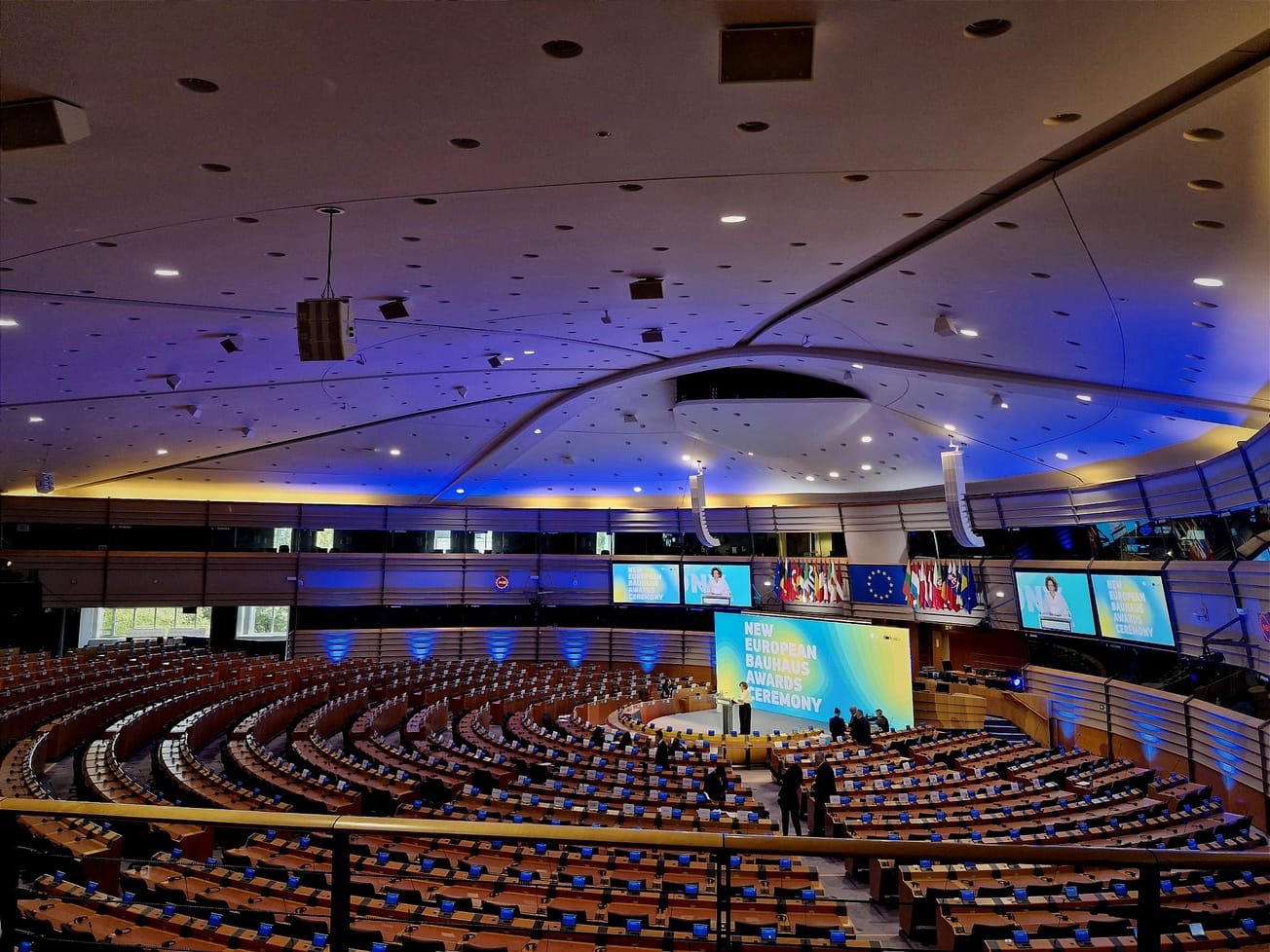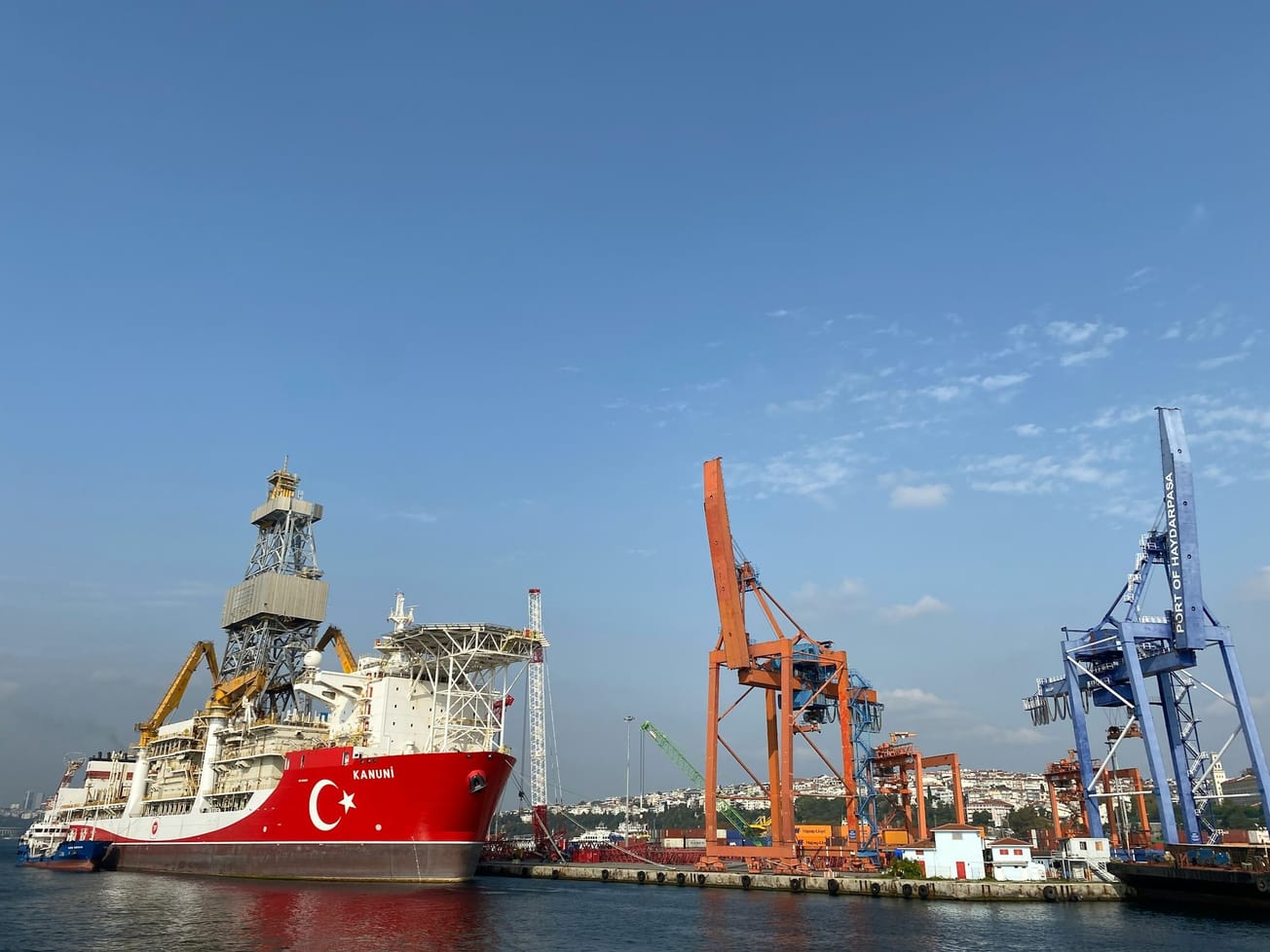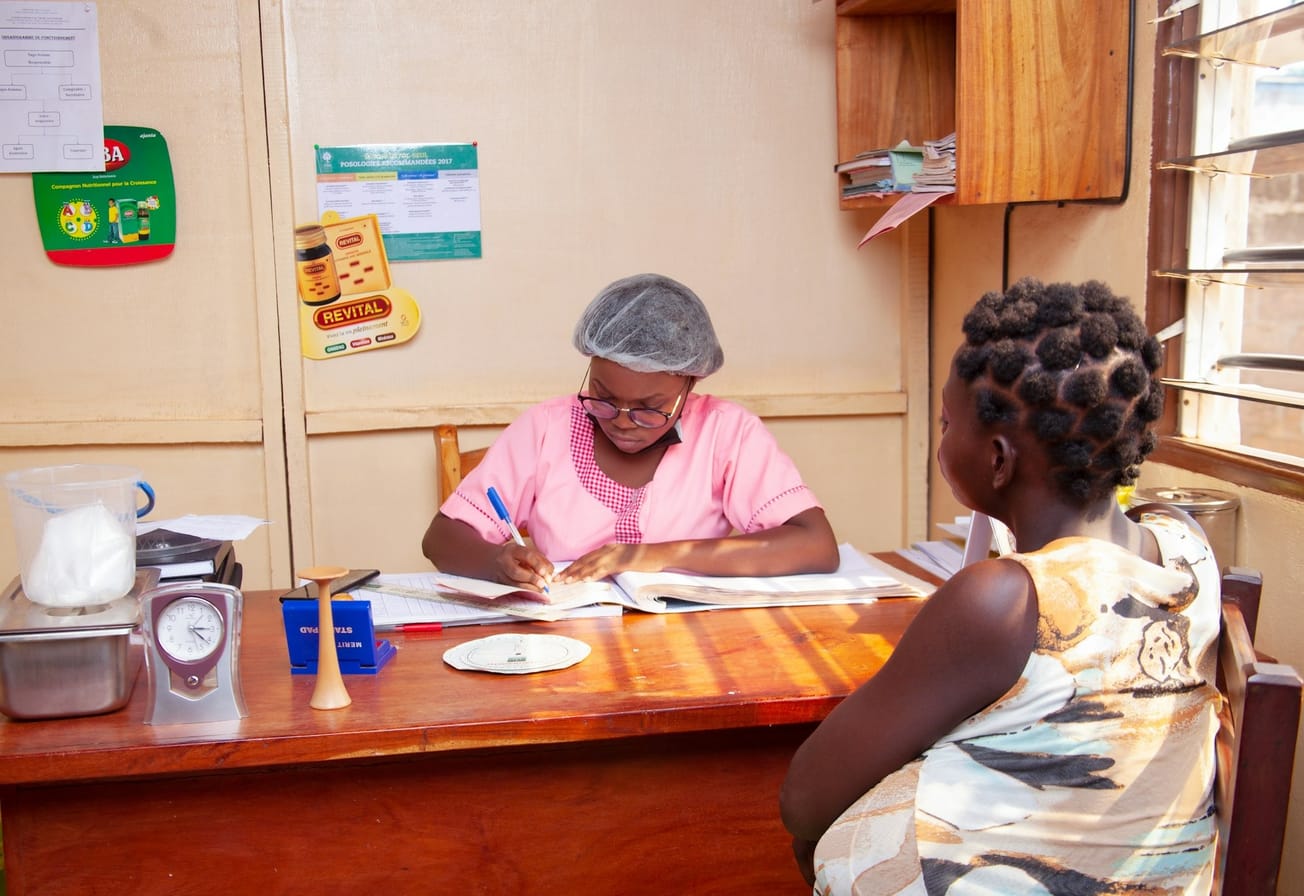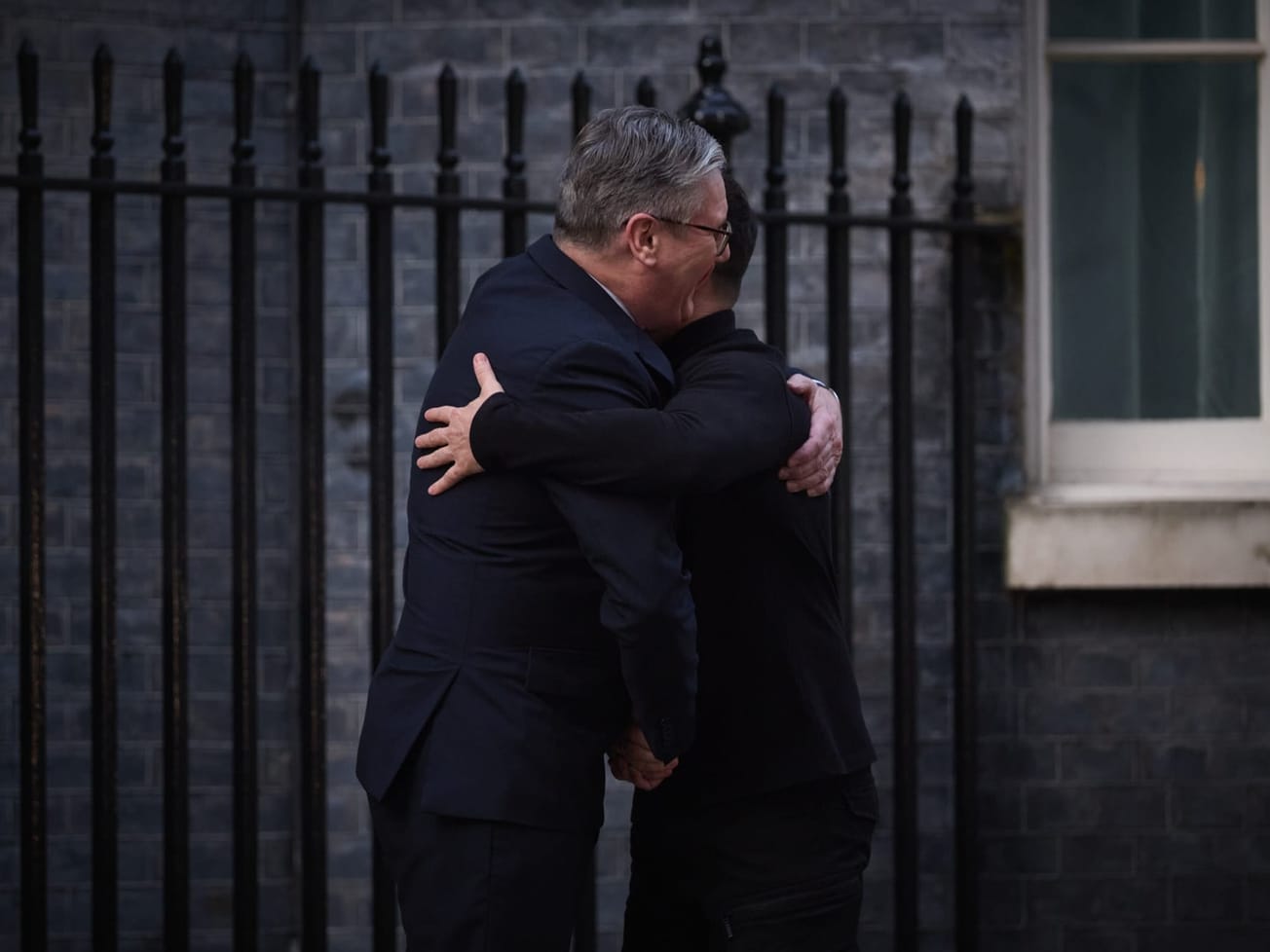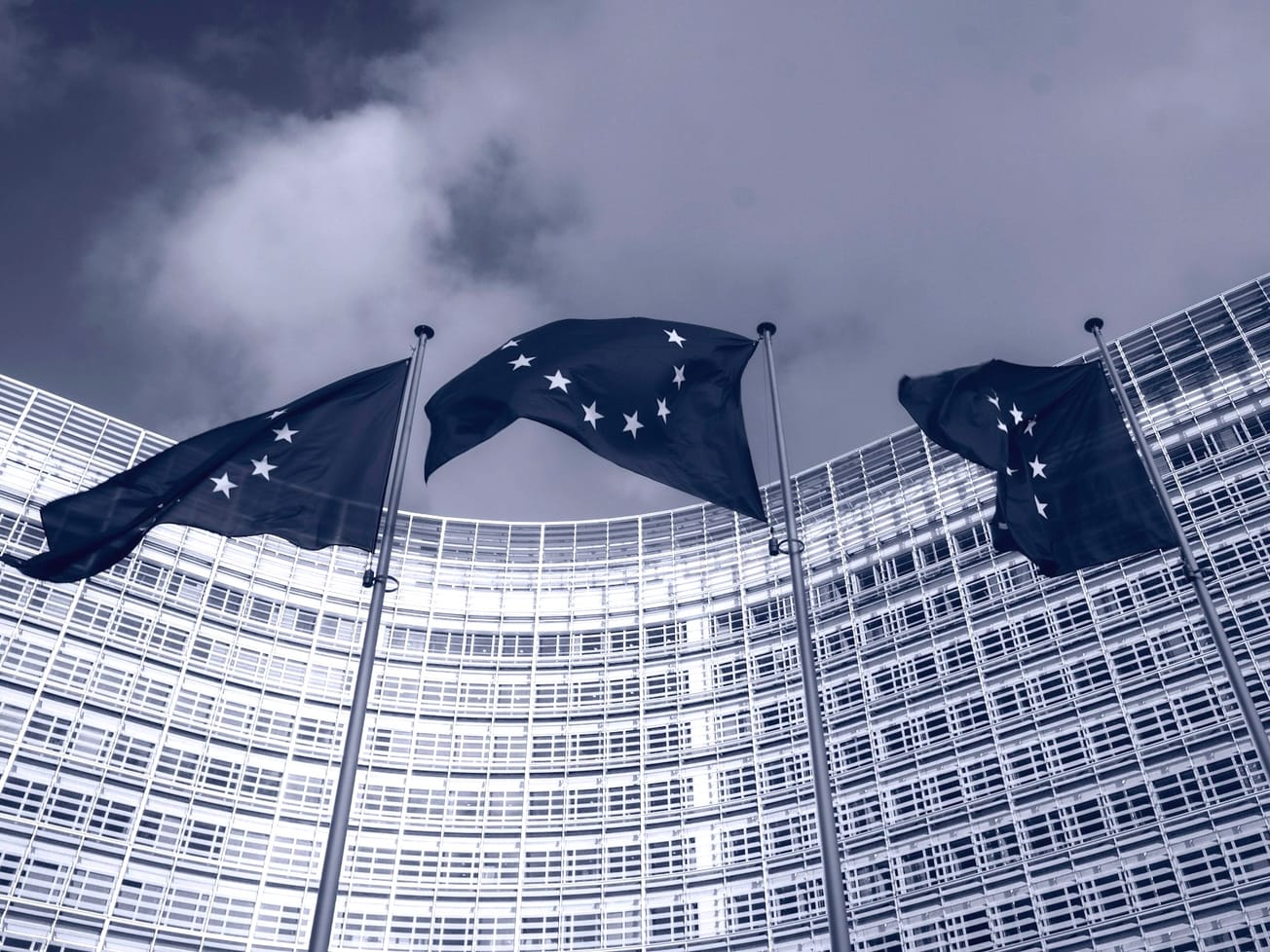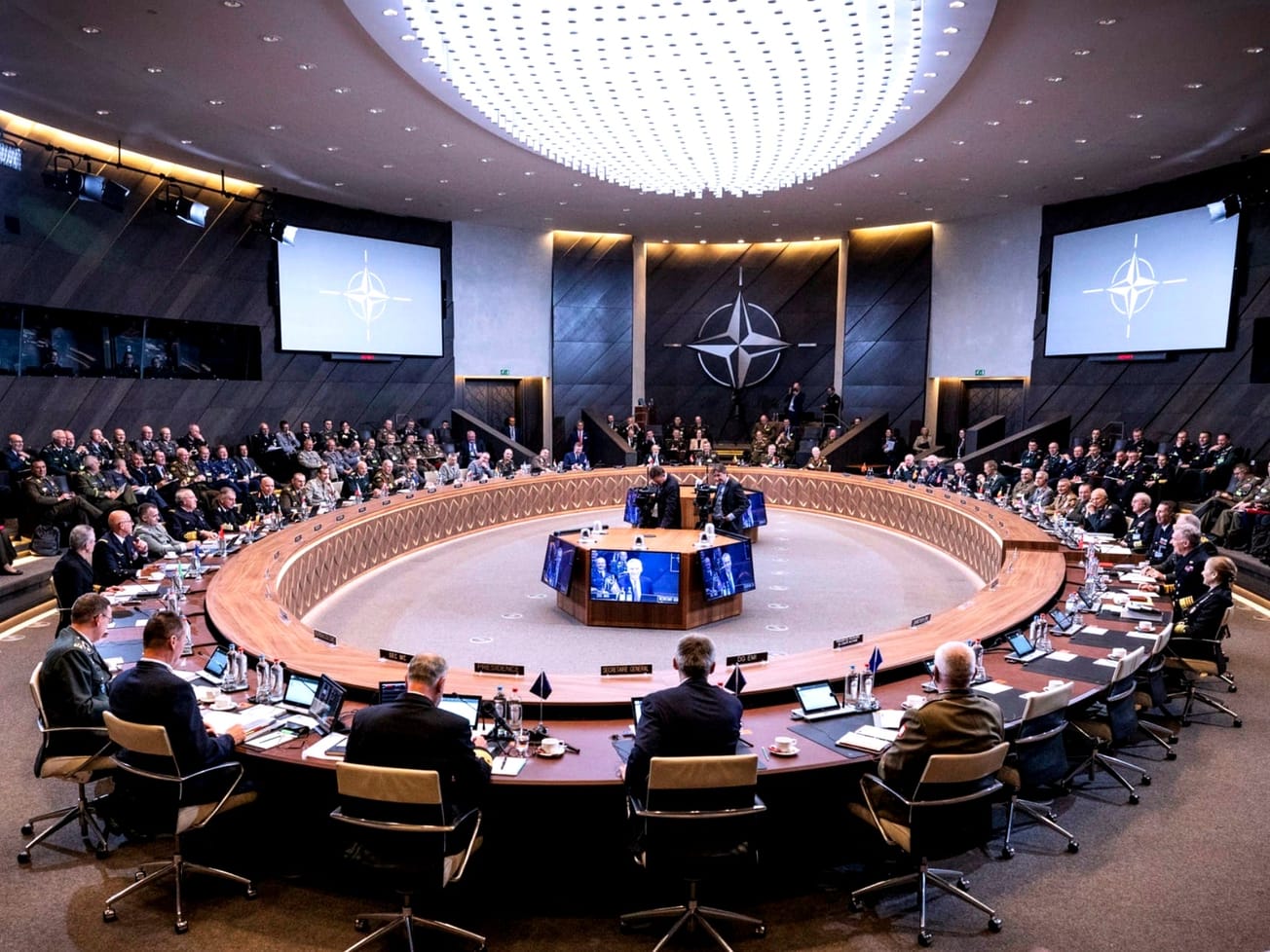
Dispute grows over planned ICE presence in Europe before Olympics
Concerns over human rights and jurisdiction surface as Washington seeks security role at Milano-Cortina 2026.
Belgium is a federal parliamentary constitutional monarchy in Western Europe. As the host of the E.U. and NATO headquarters, the nation is a crucial center for international politics and diplomacy.

Already have an account? Log in
Concerns over human rights and jurisdiction surface as Washington seeks security role at Milano-Cortina 2026.
European leaders move toward a historic break from Washington despite a late U.S. reversal on tariff threats.
With 4° C. of warming, the peak shifts to the mid-2050s and intensifies to around 4,000 lost per year, researchers found.
Leaders used the high-profile ceremony in European Parliament to signal their efforts to deal with the cost of living.
The demands mark a new phase in the Trump administration’s strategy to use trade as a tool for geopolitical leverage.
Despite the demand, the Trump administration carried out a plan to destroy nearly $10 million of contraceptives.
A plastic layer in Earth’s geological record may become our legacy, marking a moment we turned into a single-use planet.
Ministers urged creation of 'regional innovation ecosystems' that would include AI strategies and digital governance.
"Europe faces a clear and present danger," E.C. President Ursula von der Leyen said as the emergency meeting began.
The five-point plan, unveiled as "ReArm Europe," is Europe's largest military and economic mobilization effort this century.
After an extraordinary U.S. repudiation, Ukraine won pledges from world leaders to urgently boost Europe's self-defense.
The Arctic island's E.U. and NATO ties make it highly unlikely the U.S. would risk a move that could destabilize the region.
Scientists say at least 16,425 tree species are at risk of extinction as agriculture expands and the climate changes.
The E.C. must disclose indemnity clauses protecting drugmakers and officials who negotiated contracts.
Hungary's presidency could be muted but still affect European integration and the ability to present a united front globally.
The outgoing Dutch prime minister is tipped to replace Jens Stoltenberg, who will step aside at a summit next month.


